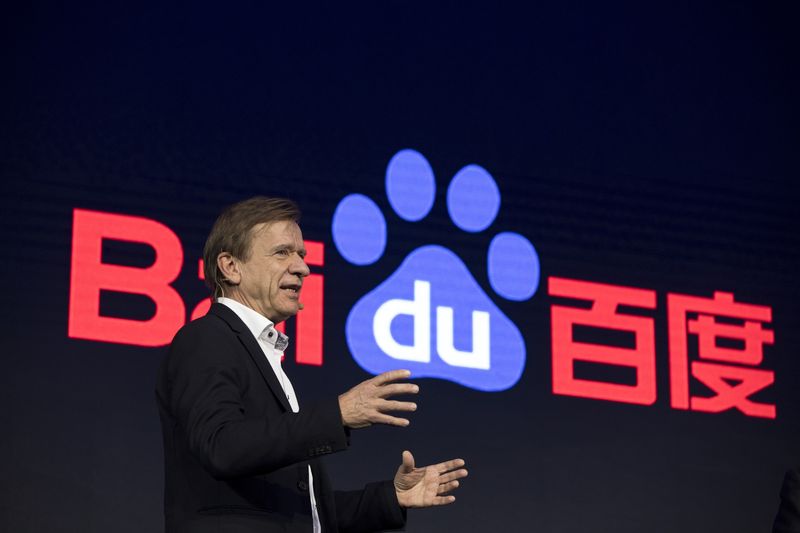Volvo and Baidu will develop unmanned vehicles together

Volvo and Baidu have signed an agreement to work together to create unmanned vehicles. Partners have a clearly limited remit: Volvo is responsible, in fact, for cars and equipment installation, while Baidu is responsible for developing robotic software.
In most cases, unmanned systems are created by technology companies that install their autopilot on standard cars. This practice is not optimal, since the standard car is not adapted for independent driving. For this reason, Volvo and signed a message with Baidu - the company will strive to achieve the "golden mean" in the union of automotive "hardware" and software solutions.
Baidu is far from new to this area - the company has been working for a long time on the implementation of the Apollo software platform project, which will be able to drive independently. The company's successes are obvious - the already created platform can be installed in cars of various manufacturers, it was checked several times in field conditions, and the results were quite acceptable.
But the goal of Volvo and Baidu is not just a digital assistant, but an autopilot close to ideal (fourth degree autonomy). In order to achieve this goal, both companies and began to cooperate. The basis of everything is the Apollo software platform mentioned above. The stated goal of the companies is to achieve the fourth level of autonomy of the software system, which means that the car can move independently without the need to follow the road and be sure to be secured by the driver. True, such a regime is possible not in all cases, but only in certain situations.
It should be noted that the robobomies created by the partners will be electric, at first they will be used as a robotaxi. Most likely, the construction of robots will be very specific - it will be adapted to the absence of the driver. The head of Volvo believes that the cars of the future with a 4th-level autopilot do not have to look like a modern car.
Little by little, Baidu is becoming an increasingly strong competitor to Alphabet in the development of autonomous machines. The Chinese company has been working in this direction for quite some time, having achieved a number of successes. For example, Baidu has entered into a number of contracts with international companies in terms of working together on mobile phones.
The latest software platform of the company was named Apollo 3.0, this is the last iteration of the company's open-source platform. When working on the creation of this system, Baidu has entered into agreements with more than 400 different partners.
So far, the project has not left the test stage, in fact, everything has just begun. By 2020, partners will show as a working version of the system. In order to fulfill its obligations, Volvo joined forces with Sweden’s company, Sweden's Veoneer AB. Another project partner is Uber Technologues.
An additional complexity of the project is that the interchanges in China are quite complex, so the autopilot must be an ace in order not to be confused in the direction of travel and not create emergency situations on the roads. It is worth noting that Baidu is one of 14 organizations that have received the right to develop maps for autonomous cars in China.
Interestingly, Baidu has partners in addition to Volvo. For example, Baidu works with the Chinese company Chery Automobile Co., as well as BAIC Group. Partnership with these companies has a similar goal - the release of an autonomous machine by 2021. It seems that anyway, but Baidu with partners will achieve the emergence of an autopilot with a fourth degree of autonomy. Moreover, Baidu also cooperates with Ford - this company also agreed to take part in a project to test unmanned vehicles based on the Apollo platform.
It is worth noting that Baidu has already worked on a similar project with another European automotive company, BMW. Unfortunately, in 2016, cooperation was discontinued due to disagreements between partners in the vision of the final product.
